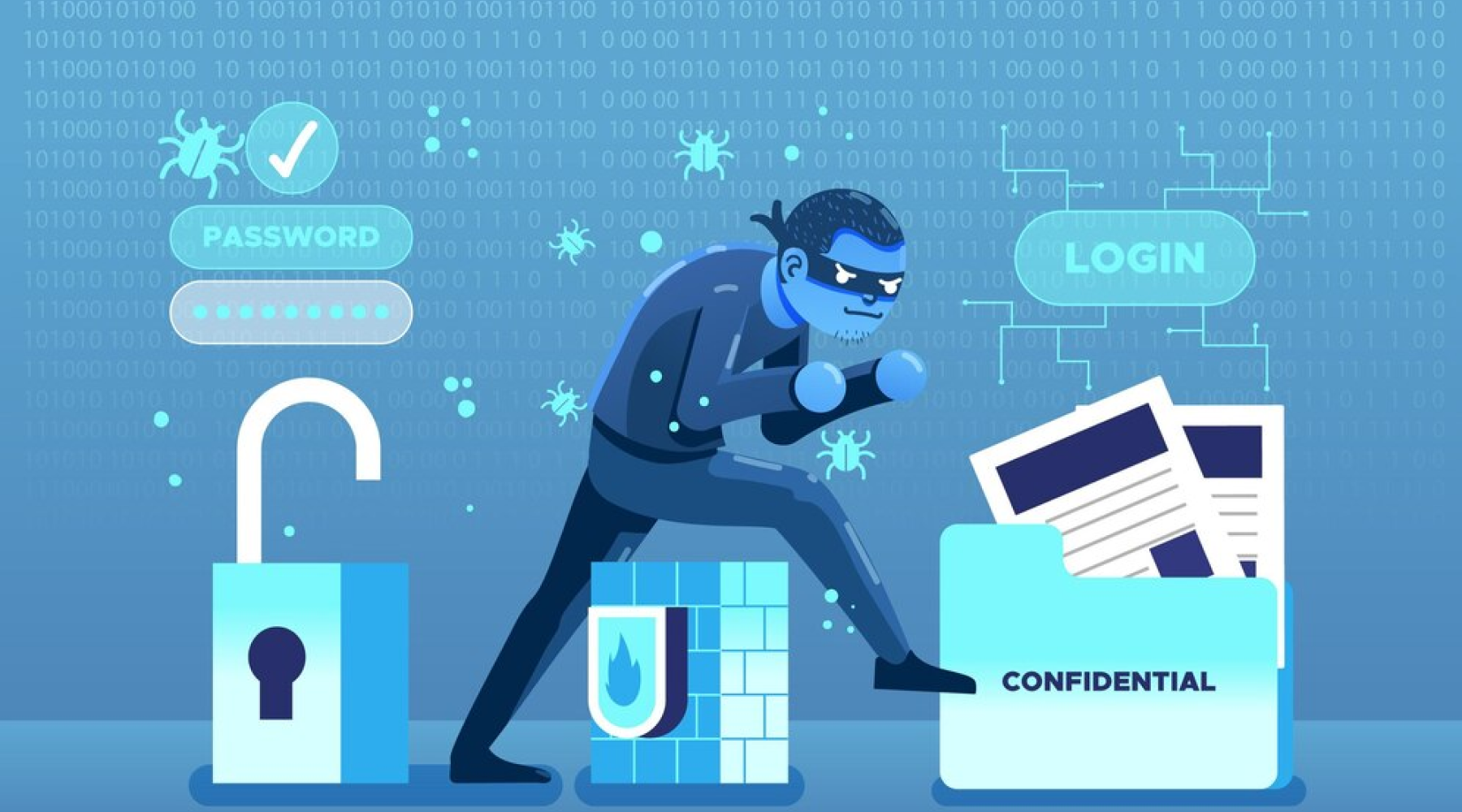In today’s interconnected digital world, businesses are constantly exposed to cyber risks. From ransomware to advanced phishing techniques, cybercriminals have sophisticated tools at their disposal to breach security barriers. Traditional cyber insurance is no longer sufficient to protect against the complexities of these evolving threats. Enter the network security warranty—a proactive defense mechanism designed not only to protect but also to prevent attacks.
As businesses become more dependent on digital infrastructure, these warranties are not just an option but a necessity. Here’s how network security warranties evolve alongside cyber threats, providing comprehensive protection and prevention.
The Cybersecurity Landscape: Constantly Shifting
Cyberattacks are no longer rare occurrences—they’ve become a daily reality for businesses. In fact, the global cost of cybercrime is estimated to reach $8 trillion in 2023. This is no longer a problem reserved for large enterprises; small and medium-sized businesses (SMBs) are also being targeted due to their often-inadequate security measures.
- Ransomware: This remains one of the most prevalent threats, with attacks rising significantly in 2023. Hackers encrypt valuable company data and demand a ransom for its release.
- Phishing: These social engineering attacks trick employees into handing over sensitive information, with phishing responsible for around 82% of data breaches.
Why Traditional Cyber Insurance Falls Short
Cyber insurance has historically been a reactionary solution, compensating businesses after a breach has already caused damage. While important, it doesn’t address the growing need for prevention and early detection.
Key Limitations of Traditional Cyber Insurance:
- It primarily offers financial compensation after a breach has occurred.
- Lacks a proactive element, meaning businesses are still highly vulnerable before the incident happens.
- No requirements for businesses to improve their internal security mechanisms.
How Network Security Warranties Fit into a Broader Cybersecurity Strategy
Unlike traditional cyber insurance, network security warranties focus on prevention first. They not only protect businesses financially but also ensure that companies implement more advanced cybersecurity measures to reduce risks from the outset.
Key Features of a Network Security Warranty:
- Proactive Monitoring: Many warranties come with real-time network monitoring, enabling businesses to detect suspicious activity before it turns into a full-blown breach.
- Incident Response Teams: With a network security warranty, companies can access specialized response teams that provide immediate support when a breach is detected.
- Financial Coverage: In case of a breach, warranties also cover expenses such as legal fees, system recovery, and business interruption losses.
Proactive Defense: Prevention at Its Core
One of the most significant benefits of a network security warranty is its focus on prevention. This is what differentiates it from standard cyber insurance.
Employee Training:
Human error remains the largest cause of data breaches. Regular employee training, often mandated by warranties, helps reduce the chances of staff falling victim to phishing and other social engineering attacks.
Stat: 95% of data breaches are caused by human error, making training crucial in preventing attacks.
Regular Security Audits:
Many warranties require businesses to conduct regular system audits and apply software patches to reduce vulnerabilities. This ensures that the company’s defenses remain up-to-date.
System Updates and Patch Management:
Companies must maintain regular updates for all software and hardware components. Outdated systems are common entry points for hackers.
Fact: Businesses that conducted regular security audits saw 30% fewer breaches in 2023 compared to those that did not.
Real-Time Detection and Response: Minimizing Damage
The ability to detect and respond to cyberattacks in real-time is one of the key features of network security warranties.
- Real-Time Threat Detection: By continuously monitoring network traffic, businesses can quickly identify anomalies that may indicate an impending cyberattack.
- Incident Response Teams: Many warranties include dedicated incident response services that can help contain and manage a breach as it happens, minimizing downtime and preventing further damage.
Stat: Companies with real-time threat detection tools reported a 40% faster recovery from cyber incidents.
Financial Safeguards: Protecting Against Hidden Costs
Cyberattacks don’t just disrupt operations—they can result in significant financial losses, both in the short term (through operational downtime and ransom payments) and in the long term (through reputational damage and legal liabilities).
Key Financial Coverage Offered by Network Security Warranties:
- Business Interruption Losses: If an attack leads to operational downtime, warranties often cover lost revenue during the recovery period.
- Ransom Payments: In cases of ransomware attacks, warranties may cover ransom payments (if legally permissible) as well as the cost of recovering lost data.
- Legal and Compliance Costs: If a breach exposes customer data, businesses may face significant fines and legal costs. Warranties often cover these expenses, ensuring companies remain compliant with regulations like GDPR or CCPA.
Stat: Businesses with network security warranties saw 25% less financial impact from cyber fraud incidents than those without such coverage.
Custom Solutions for Different Industries
One size does not fit all when it comes to cybersecurity. Every industry faces unique threats, and cyber warranty companies offer customized solutions that cater to specific business needs. For instance, healthcare organizations need stronger protections against ransomware attacks targeting patient records, while retailers need safeguards against payment fraud.
- Healthcare: Cyber warranties may include HIPAA compliance support and protection against the theft of sensitive patient data.
- Retail: Customized solutions for payment fraud, including protection against unauthorized transactions and credit card breaches.
Fact: Industry-specific warranties resulted in 35% fewer breaches for businesses in sectors like healthcare and finance.
Continuous Improvement: Staying Ahead of Emerging Threats
Cyber threats evolve quickly, and network security warranties evolve alongside them. As attackers adopt new tactics—such as using AI to create more sophisticated malware—warranties update their protection mechanisms to cover these emerging risks.
- AI-Powered Threat Detection: Modern warranties are integrating AI to enhance detection capabilities, identifying threats faster and more accurately.
- Regular Updates: Warranties are regularly updated to adapt to the latest threats, ensuring businesses remain secure even as cybercrime tactics evolve.
Stat: Businesses using AI-powered detection as part of their network security warranties reduced breach detection time by 30%.
Conclusion
In a world where cyber threats are growing more sophisticated by the day, relying solely on traditional cybersecurity coverage is no longer enough. A network security warranty offers comprehensive protection by combining proactive monitoring, immediate response, and financial safeguards to mitigate the risks of cyberattacks.
By integrating network security warranties into their broader cybersecurity strategies, businesses can ensure they’re not only prepared for today’s threats but also equipped to handle the unknown challenges of tomorrow.





